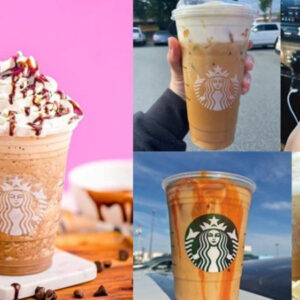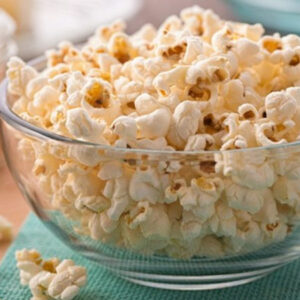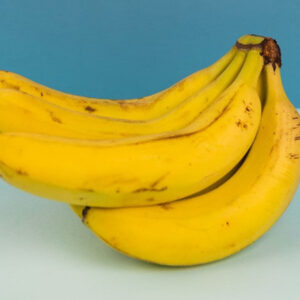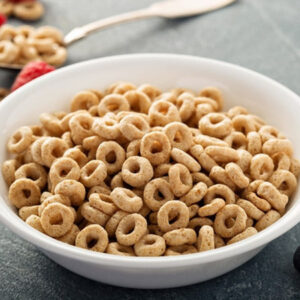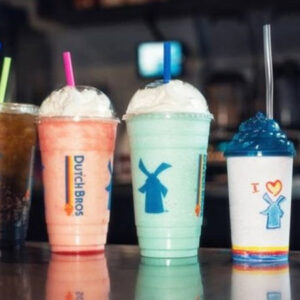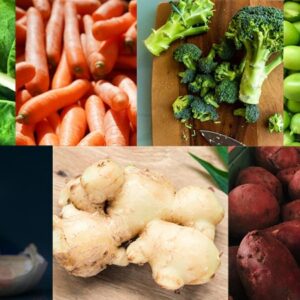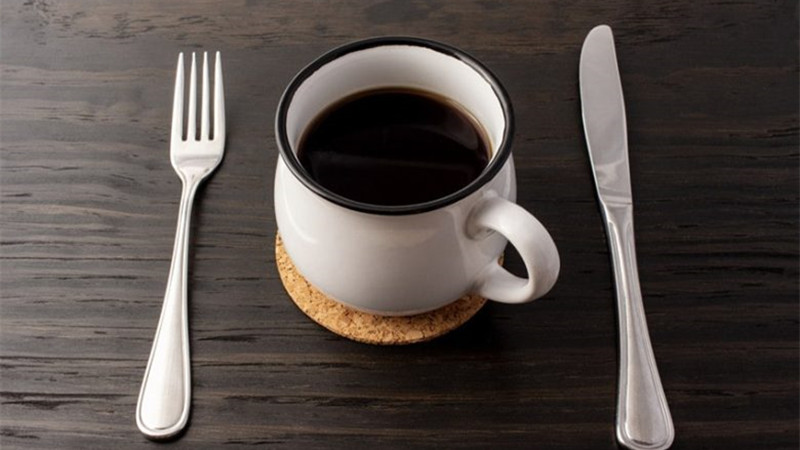
Fasting has gained popularity for its potential health benefits, weight management, and improved metabolic health. However, there’s often confusion about what drinks are permissible during a fast.
In this guide, we will explore what drinks won’t break a fast and provide insights into the 11 best beverage choices to support your fasting journey.
What is intermittent fasting?

Intermittent fasting is an eating pattern that cycles between periods of fasting and eating. It doesn’t specify which foods to eat, but rather when to eat them. Common intermittent fasting methods include the 16/8 method, where you fast for 16 hours and restrict eating to an 8-hour window, and alternate-day fasting, where you alternate between fasting days and normal eating days.
Understanding the basics of intermittent fasting sets the foundation for choosing the right beverages during fasting periods. To help you understand the concept of intermittent fasting better, we’ve included an informative animation video. Watch the video to gain insights into the mechanisms and benefits of this eating pattern.
What is considered breaking a fast?
When it comes to fasting, the concept of “breaking a fast” can vary among individuals and protocols. Some believe that any intake of calories, even the smallest amount, breaks a fast, as it triggers an insulin response.
Others adopt a more flexible view, considering factors such as minimal calorie content and negligible impact on insulin. Understanding the impact of calories and insulin response is key to discerning what breaks a fast. Calories provide energy, and consuming them, particularly from carbohydrates or proteins, prompts insulin release, inhibiting fat breakdown.
Factors like calorie count, macronutrient composition, and individual metabolism determine if a drink breaks a fast. Consultation with a healthcare professional or expert is advisable. Remember, fasting aims to abstain from calorie intake to enter a fasting state, triggering physiological responses for health benefits. Align your beverage choices with your fasting goals, finding a balance that suits you best.
Drinks that won’t break a fast
1. Water

Image source: Pinterest
Water is the ultimate fasting-friendly beverage. It contains no calories, sugars, or additives, making it an ideal choice for staying hydrated during fasting. Water is essential for maintaining proper bodily functions, including digestion, circulation, and temperature regulation.
It helps flush out toxins, supports cellular processes, and keeps the body functioning optimally. Adequate hydration is especially important during fasting to prevent dehydration and support overall well-being.
2. Black coffee

Image source: Pinterest
Black coffee is a popular choice for fasting due to its minimal calorie content and potential benefits. It contains caffeine, a natural stimulant that can increase alertness and boost metabolism. Caffeine has also been shown to enhance fat oxidation and improve exercise performance.
Black coffee is known for its bitterness and strong flavor, which can be enjoyed as is or with a dash of cinnamon for added flavor. However, it’s important to avoid adding sugar, cream, or milk, as these can break a fast by introducing calories and potentially spiking insulin levels.
3. Herbal tea

Image source: Pinterest
Herbal teas are a wonderful option during fasting as they are typically calorie-free and offer a range of flavors and potential health benefits. Chamomile tea is known for its soothing properties, promoting relaxation and better sleep quality.
Peppermint tea aids digestion and can alleviate symptoms such as bloating or indigestion. Rooibos tea, rich in antioxidants, has anti-inflammatory properties and may support immune health. Herbal teas can also contribute to hydration and provide a comforting ritual during fasting.
4. Plain Tea

Image source: Pinterest
Plain tea, such as black, green, or white tea, can be enjoyed during fasting without adding any sweeteners or milk. These teas are typically low in calories and can provide a soothing and comforting beverage option. Black tea, for example, contains compounds called theaflavins and thearubigins that are rich in antioxidants and may have potential health benefits.
Green tea is known for its catechins, which are powerful antioxidants that have been associated with various health benefits, including improved metabolism and reduced inflammation. White tea, the least processed of the three, retains a high level of antioxidants. Enjoying a cup of plain tea during fasting can provide a moment of relaxation and hydration without breaking your fast.
5. Sparkling Water
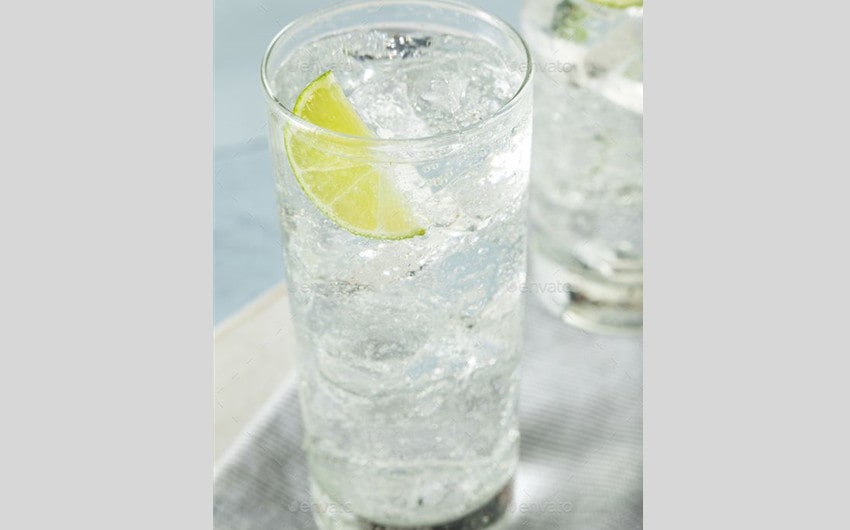
Image source: Pinterest
Sparkling water or seltzer water is a carbonated water option that can be consumed during fasting without adding any calories or additives. It offers a bubbly and refreshing sensation without interfering with your fasting goals.
Sparkling water comes in various flavors, but it’s essential to choose options that are free from sweeteners or artificial additives. You can enjoy it plain or add a squeeze of lemon or lime to enhance the taste. It can be a great alternative to sugary carbonated drinks and provide a sense of satisfaction during fasting.
6. Apple Cider Vinegar (ACV) Drink

Image source: Pinterest
Apple cider vinegar (ACV) mixed with water is a popular beverage choice for some individuals during fasting. While the impact of ACV on fasting is not well-established, it has been associated with potential health benefits such as supporting digestion and blood sugar regulation. ACV contains acetic acid, which is believed to contribute to these benefits.
When consuming ACV during fasting, it’s important to dilute it with water and use it in moderation. Start with a small amount (e.g., 1-2 teaspoons) mixed with water to minimize any potential discomfort. Remember to consult with a healthcare professional or expert if you have specific concerns or conditions before incorporating ACV into your fasting routine.
7. Bone Broth
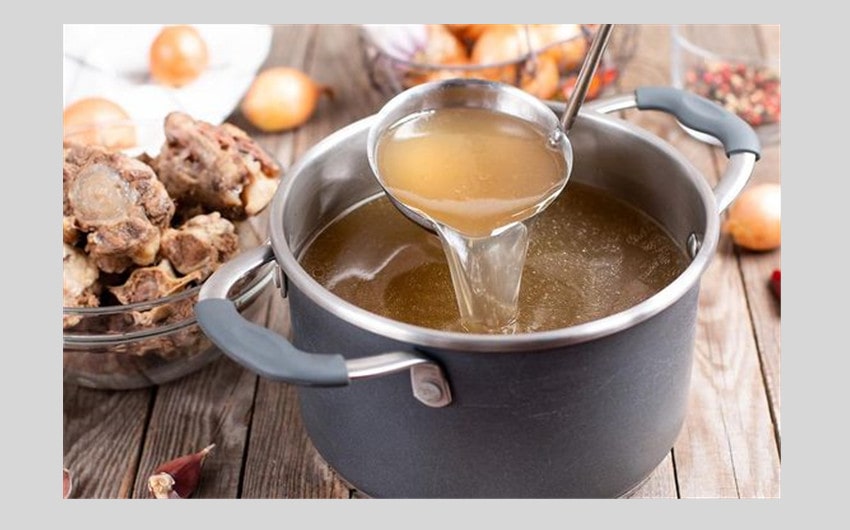
Image source: Pinterest
Bone broth is made by simmering animal bones and connective tissues. It is rich in nutrients, collagen, and minerals. While bone broth technically contains some calories and protein, it is often considered permissible during fasting due to its minimal impact on insulin levels. It can provide warmth, hydration, and potential benefits for gut health.
Herbal Infusions: Apart from herbal teas, other herbal infusions like nettle tea, ginger tea, or hibiscus tea can be enjoyed during fasting. These infusions are made by steeping herbs or plant parts in hot water, providing flavorful options without adding calories.
8. Lemon Water

Image source: Pinterest
Squeezing fresh lemon juice into a glass of water can add a burst of flavor without significantly increasing calorie intake. Lemon water is refreshing, hydrating, and may have additional benefits. Lemons are a good source of vitamin C, an antioxidant that supports immune health.
Lemon water also has a slightly acidic nature, which can stimulate saliva production and promote better digestion. While lemon juice itself contains minimal calories, it’s important to be mindful of the quantity added to your water if you’re strictly fasting. A small squeeze of lemon is generally acceptable and can enhance the taste of your water during fasting.
9. Electrolyte Drinks

Image source: Pinterest
Electrolyte drinks, which are free from added sugars or artificial sweeteners, can help replenish electrolytes and maintain hydration during fasting. Electrolytes, such as sodium, potassium, and magnesium, are crucial for maintaining proper fluid balance and supporting muscle and nerve function.
Look for electrolyte drinks specifically designed for fasting or those that provide essential electrolytes without added sugars or calories. These drinks can be beneficial, especially if you engage in prolonged or intense fasting, exercise, or live in hot climates.
10. Flavored Water
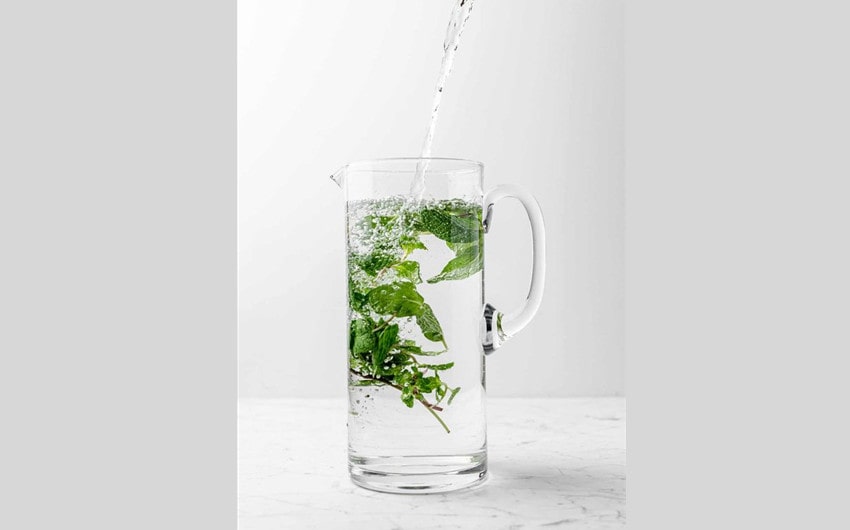
Image source: Pinterest
Infusing water with fruits, vegetables, or herbs can add a refreshing twist without significantly adding calories. Flavored water can be made by adding slices of fruits like lemon, lime, cucumber, or herbs like mint or basil to a pitcher of water and allowing the flavors to infuse.
This provides a naturally flavored and hydrating beverage option during fasting. It’s important to note that while the infused water may have a subtle flavor, it typically contains minimal to no calories, making it a suitable choice to enhance hydration and add variety to your fasting routine.
11. Herbal Infusions
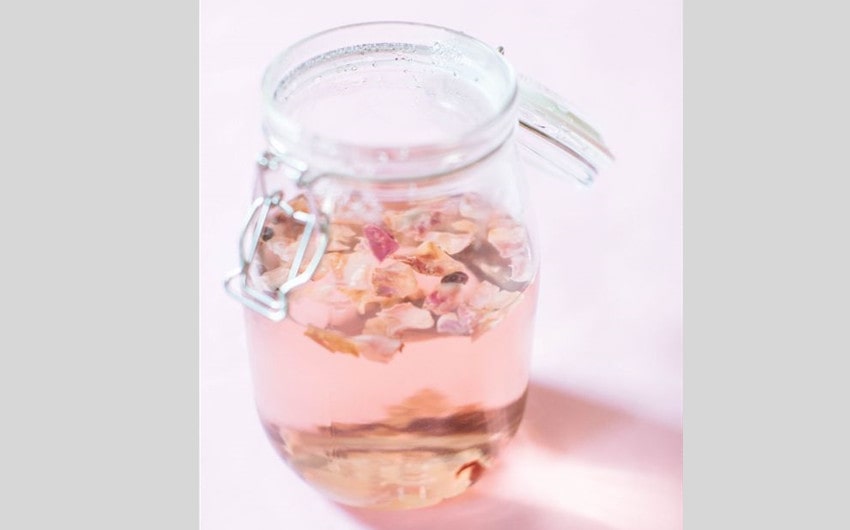
Image source: Pinterest
Apart from herbal teas, other herbal infusions like nettle tea, ginger tea, or hibiscus tea can be enjoyed during fasting. Herbal infusions are made by steeping herbs or plant parts in hot water, allowing their flavors and beneficial compounds to be extracted. Nettle tea is known for its potential anti-inflammatory properties and rich mineral content.
Ginger tea offers a soothing and warming effect and may aid digestion. Hibiscus tea is tart and refreshing, and it contains antioxidants that can support heart health. Herbal infusions provide a wide variety of flavors and potential health benefits, making them a great choice for hydration and enjoyment during fasting.
Drinks that might break a fast
1. Fruit juice and smoothies
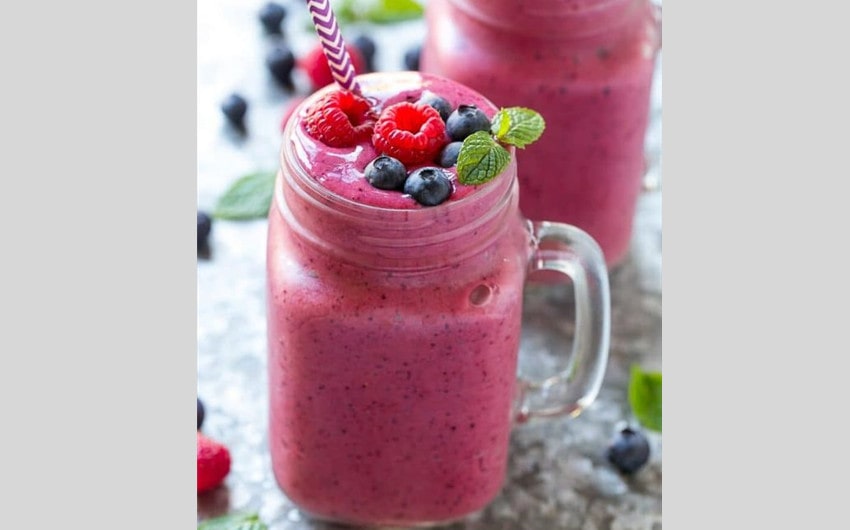
Image source: Pinterest
Fruit juices and smoothies may seem like healthy choices, but they can break a fast due to their high sugar and calorie content. These beverages are typically made by extracting the juice from fruits or blending them with other ingredients. The juicing process removes the fiber from fruits, leaving behind concentrated sugar.
Consuming fruit juices or smoothies can rapidly spike blood sugar levels, trigger an insulin response, and break the fasting state. It’s important to note that even freshly squeezed or homemade juices should be avoided during fasting.
2. Milk and dairy-based drinks

Image source: Pinterest
Milk and dairy-based beverages, such as lattes, milkshakes, or protein shakes, can break a fast due to their protein and lactose content. Protein stimulates insulin release, which can disrupt the fasting state.
Additionally, lactose, the naturally occurring sugar in milk, can also raise blood sugar levels and insulin response. While milk and dairy products provide valuable nutrients, they should be consumed outside of the fasting window to maintain the benefits of fasting.
3. Sweetened Beverages
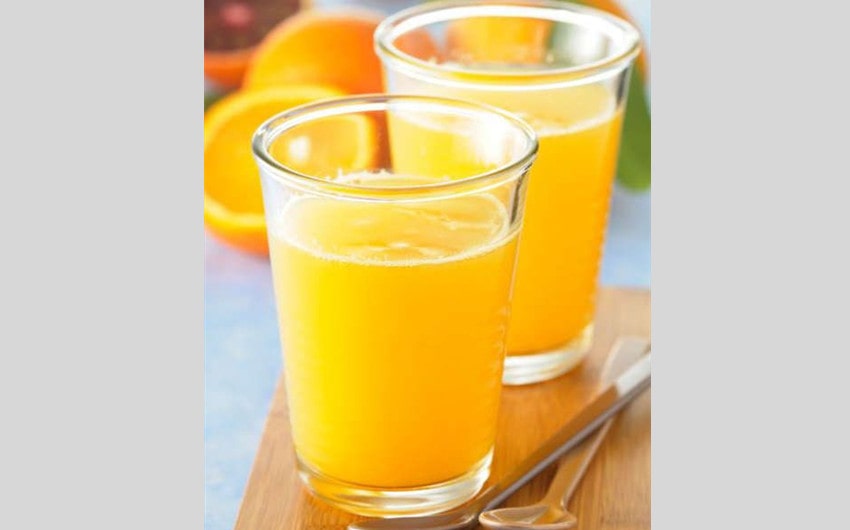
Image source: Pinterest
Sweetened beverages like sodas, fruit juices, energy drinks, and sweetened teas contain added sugars or artificial sweeteners, which can break a fast. These drinks can rapidly increase blood sugar levels, trigger an insulin response, and interfere with the metabolic benefits of fasting. It’s essential to read labels and choose drinks without added sugars or opt for healthier alternatives like herbal tea or flavored water.
4. Alcohol

Image source: Pinterest
Alcoholic beverages, including wine, beer, and spirits, should be avoided during fasting. Alcoholic drinks not only contain calories but can also impair judgment, disrupt sleep patterns, and negatively impact overall health. It’s best to save alcoholic beverages for outside of your fasting window and consume them in moderation.
5. Protein Shakes

Image source: Pinterest
Protein shakes typically contain protein powder, which is a concentrated source of calories and nutrients. These shakes often have added sugars, flavors, or artificial ingredients that can break a fast. While protein is important for muscle recovery and maintenance, consuming it during fasting hours can stimulate an insulin response and impact the fasting state.
Other considerations
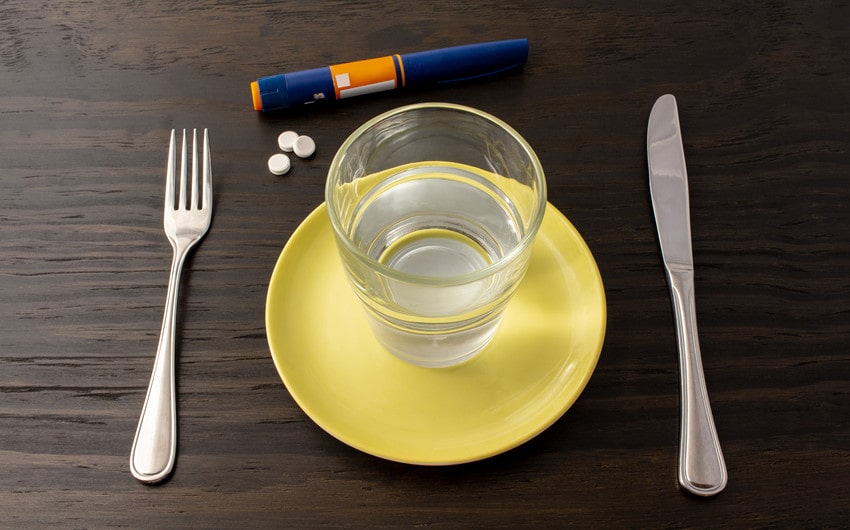
Artificial sweeteners and fasting
Artificial sweeteners, commonly found in diet sodas or flavored beverages, have minimal or zero calories but can still stimulate an insulin response. It’s important to be mindful of their potential effects on fasting goals.
Supplements and medication during fasting
If taking supplements or medications, consult with a healthcare professional to ensure they align with your fasting plan.
Personal goals and individual variations in fasting practices
Fasting is a highly personalized journey. Consider your specific goals, health conditions, and consult with a healthcare provider to determine the most suitable fasting beverage options.
Conclusion
Understanding which drinks won’t break a fast is essential for maintaining the benefits of fasting. Water, black coffee, herbal teas, and green tea are generally safe choices. Avoid fruit juices, smoothies, milk, and dairy-based drinks that contain calories and can disrupt the fasting state.
Remember, fasting is a personal practice, and individual variations exist. Listen to your body, make informed choices, and enjoy the benefits of fasting while staying properly hydrated and nourished with the right fasting beverages.

